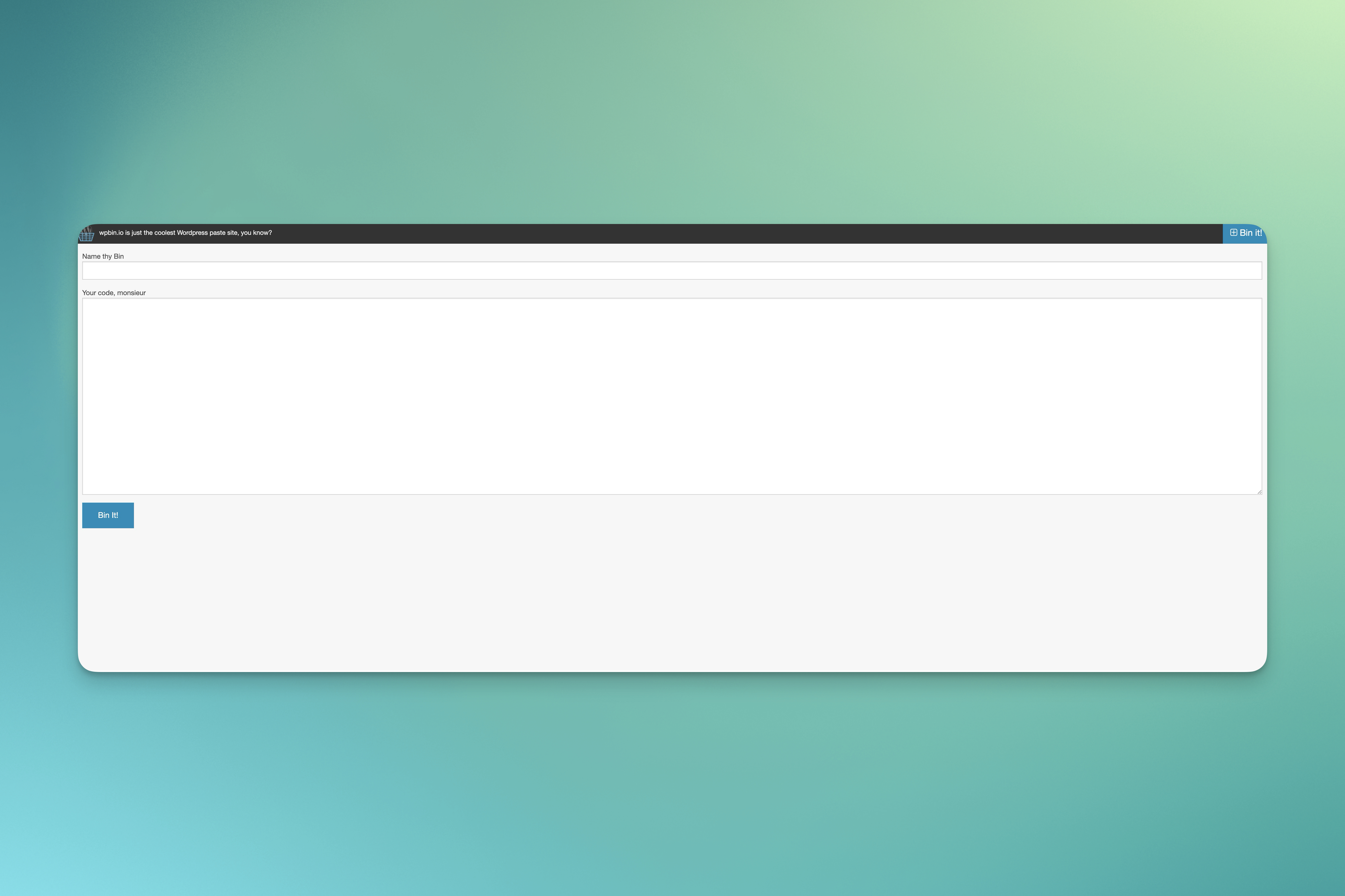PB
Museum of Pastebins
A short history of online snippet-sharing services
“Pastebins” were simple web pages where developers pasted a piece of code or text, saved it, and received a short link to share. They became especially popular in the 2000s during the era of IRC, forums, and early messengers — when attachments and formatting were still inconvenient, but a quick way to share code was needed.
no registration
short link per snippet
syntax highlighting
temporary storage
Timeline
- Early 2000s. First pastebins appear: minimal forms “paste–save–get link”.
- Late 2000s. Syntax highlighting, private/public pastes, auto-expiration, password protection.
- 2010s. Integrations with Git/IDEs, “gists”, and lightweight self-host solutions (Hastebin, Ghostbin, etc.).
- 2020s. Focus on privacy, client-side apps, captchas, and spam prevention.
Dates are approximate: many services launched in different years, but these were the main trends.
How it worked
- User pasted text/code and optionally chose a language for syntax highlighting.
- Server stored the record (often in a database or file system) and returned a short URL.
- Options included: private/public mode, password, expiration time (e.g. 24h).
- Risks: spam abuse, leaks of private data, DMCA/PII complaints.
Example snippet
A simple demonstration (not functional, just static code):
# Example: word frequencies in text (Python)
from collections import Counter
def top_words(text: str, n: int = 5):
words = [w.strip(".,!?:;()[]\"'").lower() for w in text.split()]
words = [w for w in words if w]
return Counter(words).most_common(n)
if __name__ == "__main__":
sample = "pastebin museum museum code code code snippet snippet"
for w, c in top_words(sample, n=3):
print(f"{w}: {c}")
Screenshot artifact

Why many pastebins disappeared
- Spam and abuse: without moderation, they became junkyards of ads and malicious texts.
- Costs and liability: hosting, takedown requests, moderation overhead.
- Better alternatives: GitHub gists, modern messengers, IDE sharing tools.
If someone launched one today
- Client-side only: everything runs in the browser, no server storage.
- Limits & protection: captcha, rate limits, passwords, auto-expiration.
- Use cases: temporary notes, debugging logs for support, teaching sandboxes.
Conclusion: great as a museum exhibit — risky as a public service without moderation.
Other Projects
Here you can link to your current projects: